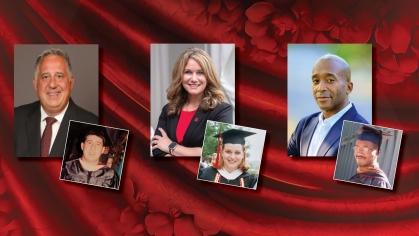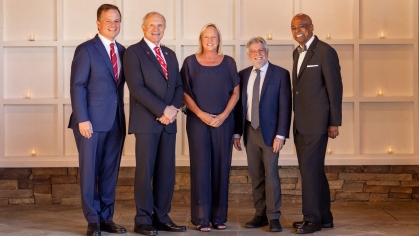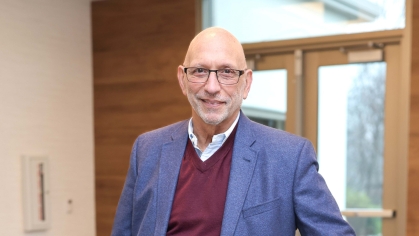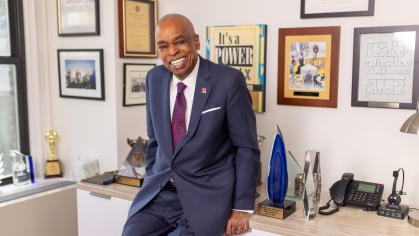News and Stories

New Jersey native and Rutgers turfgrass PhD alumnus Richard Hurley has been a leader in breeding grasses used on golf courses around the world, ranging everywhere from Australia to the Masters, which is hosted each year in Georgia. For decades, the iconic Augusta National Golf Club has used cool-season grasses developed at Rutgers.







